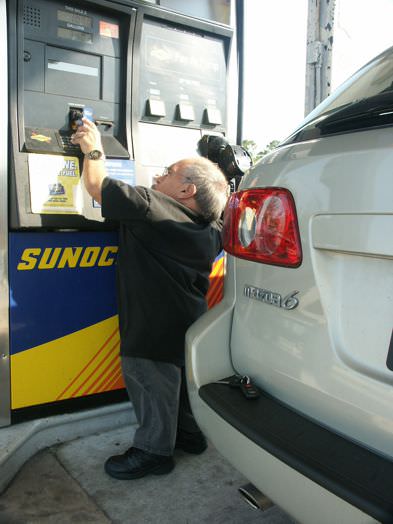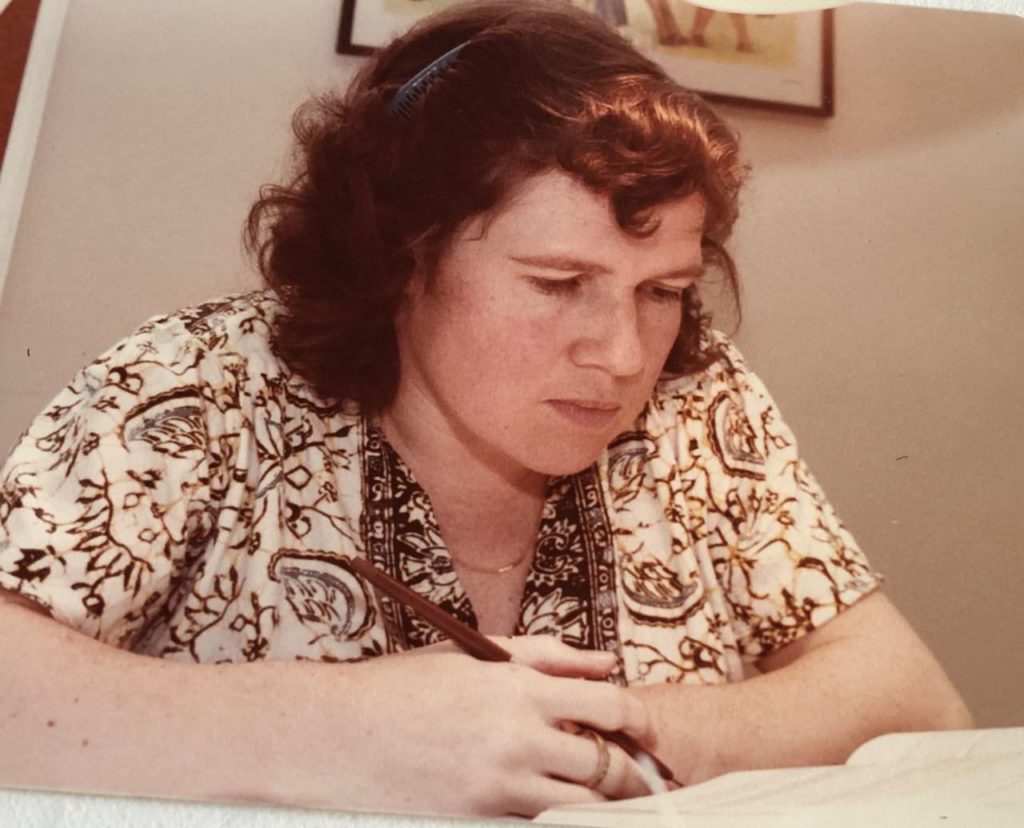
Over a trillion photographs are taken every year. And on an average day, 95 million photos are uploaded on Instagram and more than 300 million photos are uploaded on Facebook. Mobile phones’ were estimated to account for 89% of these photos in 2020, only 20 years after the first mobile phone with a built-in camera was introduced.
So let’s be counted in the trillion and celebrate National Camera Day on June 29th and Social Media Day on June 30th. Have some summer fun and enter the photo and/or social media contests running in July and August.
Want to subscribe to receive blog updates sign up today!
But instead of taking typical photos, focus on the independence people with dwarfism—and half a million others with reach disabilities—gained when the six-inch reach barrier was broken on October 8, 1997. Submit photos of yourself, or someone you know in this population, independently using an ATM, self-serve gas pump, elevator, bathroom faucet, doorbell, cashier point of sale, or anything that is touch activated. And follow the contest specs outlined below.
PHOTO CONTEST
- GRAND PRIZE: US$100 digital Amazon gift card and a free e-book of “Always An Advocate: Champions of Change for People with Dwarfism and Disabilities.”
- Contestants must own the rights to the photo and can be either the model, photographer, or both.
- Contestants must obtain a written photo release (email or text) from photo models agreeing to their image being entered in the contest and, if selected, used in social and print media marketing campaigns for “Always an Advocate.”
- Photographers will receive a photo credit if their entry is used in a marketing campaign.
- Photo entries can date anywhere between 2000 and 2021.
- Specifications: 1200 x 1500 dpi.
- Increase your chance of winning, by entering photos with different models, or the same model using different devices.
- Write a caption naming the device depicted, the town or city and State of the photo location, and the photo model’s first name.
- Enter your photo with a post on social media with the hashtag #AlwaysAnAdvocate and email to angela@angelamuirvanetten.com.
- The Van Ettens reserve the right to cancel the contest if there are fewer than ten entries.
SOCIAL MEDIA CONTEST
- PRIZE: US$25 digital Amazon gift card and e-book of “Always an Advocate.”
- Request a copy of the “Always an Advocate” book cover from angela@angelamuirvanetten.com.
- Post, share, tweet, and/or comment on the book cover with the goal of making it go viral on your social media platforms: Facebook, Instagram, Twitter, etc.
- Mark your posts with the hashtag #AlwaysAnAdvocate.
- All entrants will be entered into a drawing with a chance to win.
RULES APPLICABLE TO BOTH CONTESTS
- Eligibility: contestants and photo models must be age 18 or older.
- DATES: begins June 28 and ends August 30, 2021.
- Winners will be selected by the author, Angela Muir Van Etten and her husband, Robert Van Etten.
- Winners will be posted on
a. Angela’s website at https://angelamuirvanetten.com on September 6, 2021, the date pre-orders begin for the “Always An Advocate” e-book edition; and b. Angela’s social media platforms: Amazon Author page, Facebook, Instagram, Goodreads, and Pinterest. - All contest decisions are final and cannot be appealed.
This post enhances Chapter 15, Breaking the Six-Inch Reach Barrier, in “ALWAYS AN ADVOCATE: Champions of Change for People with Dwarfism and Disabilities” releasing in October 2021.



